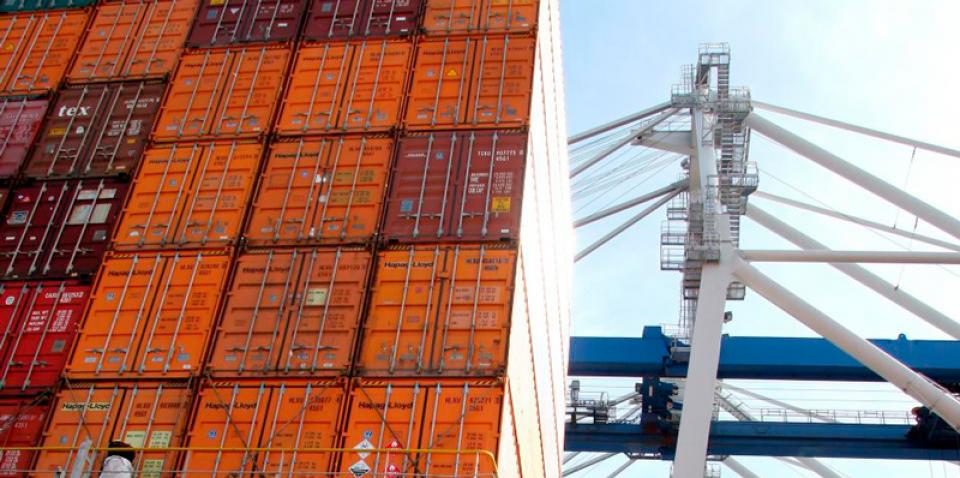International shipping lines need to sort out a glut of empty containers in New Zealand, which is fuelling frustration and congestion – and could ultimately see consumers paying more for imported goods.
Customs Brokers & Freight Forwarders Federation president Glenn Coldham says the shipping companies’ lethargic response to a growing problem needs addressing.
“There’s a glut of empty containers. Container parks are overflowing, meaning carriers need to book slots to pick up or deliver containers. And with Auckland’s traffic that’s near impossible to manage productively.”
Coldham says carriers don’t know whether their trucks will be stuck at container parks for 20 minutes or two hours – playing havoc with their delivery schedules and profitability.
That’s led to members of the National Road Carriers association formally advising they will no longer accept detention charges on empty containers in Auckland.
“Many are suggesting shipping companies aren’t interested in sorting out this issue because it actually makes them money in detention charges.”
CBAFF believes part of the solution lies in better sharing of logistics information between shippers, forwarders and carriers.
“But that’s something that the shipping lines need to be on board with. They are the ones holding all the information about a container’s origins, its contents, the consignee and its final destination.
“With will and collaboration this sharing of information could, over time, be bought into the New Zealand Custom Service’s Joint Border Management System.
“Hamburg Sud’s proactive relationships with forwarders is an example of how the system should be working. Other shipping lines should be doing the same, for instance proactively updating our members of containers about to incur storage and/or detention charges.
“But if something doesn’t happen, and soon, consumers will be the ones to bear the brunt because everyone in the supply chain will be looking to pass on these costs. They are not budgeted for and margins are already highly competitive.
“It’s frustrating. With the technology available this shouldn’t be an issue in New Zealand’s supply chain management. Ultimately the shipping lines need to step up. This is a mess of their own making and it’s simply not good enough.”


